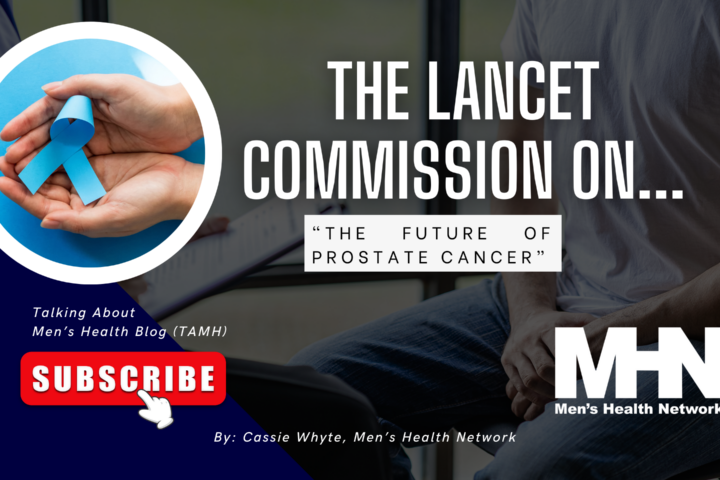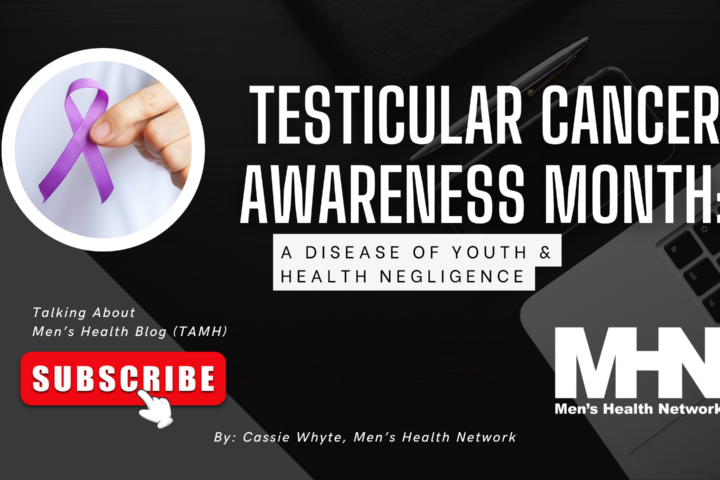By: Richard D. Levin, MD, FACS
Low T: Do I have it? What can I do about it? Does it matter?
Every day, many men walk into my office asking me if (or telling me) they have “LOW T.”
Most don’t really know what it means, but admit they are really seeing me for fatigue and/or erectile dysfunction. Certainly both can be mediated by low serum testosterone, however there are many contributing factors for each.
First and foremost, I try to obtain a life style history. Sleep disorders (APNEA), prior “supplement use,” or hormone usage, if previously diagnosed, and sexuality/fertility concerns, in addition to overall health related questions, are addressed. Indeed some come in with a lab test waving in my face “look at my low T.” I inspect the data, what labs, were thyroid and binding proteins tested? How about pituitary hormones? What time of day were they drawn? Did he get a good nights sleep?
I address each concern individually and then collectively as part of a bigger health picture.
There is a normal range of serum testosterone, as well as serum binding proteins that adjust free circulating (unbound) testosterone. Low for one man may be just fine for another. Also, there are daily (diurnal) variations as well as exogenous factors that make a single test suboptimal. When there are signs and symptoms of reproducible low testosterone, we then a bigger picture into account. Are there scrotal varicose veins (varicocoels)? A history of prostate carcinoma? A recent viral illness (think mumps)? Usually I wait a few weeks and repeat to get a trend (I have been surprised at the variability and recovery spontaneously). Typically, once a year, I even find a small pituitary tumor as the cause of Low T.
When a patient desires treatment, and I feel it is appropriate, we then discuss the end game/expectations. Is it fertility, ED, fatigue or some combination?
If a young male, concerned about preserving fertility, I use Clomiphene when clinically appropriate. Varicocoel surgery is also sometimes appropriate and results in no need for any medication, when successful. I try my best to avoid testosterone itself, as it becomes a lifelong dependency and treatment.
Once started on treatment I carefully monitor for side effects with blood work every three months and for results, of course. We pay careful attention of erythrocytosis and rising PSA as the more serious common side effects. Delivery is adjusted by dose and method. In the end more than half of patients do not require treatment and half of those that do, have side effects necessitating a change of plans. Those that stay on treatment, really need it for multiple reasons and have great responses.
Final message, if it has stripes it is not necessarily a zebra. We have diagnosed, pituitary tumors (as previously discussed), testicular tumors, thyroid disease, hematological diseases and sleep apnea on otherwise healthy patients who thought they needed testosterone.




It’s interesting to see how so many men think that Low T is a simple “yes I have low T” or “no I don’t”. To read about the multiple different potential causes, even something that seems so insignificant on the surface such as a good night’s sleep, illustrates just how little the average man knows. Additionally, the final point about how men have been diagnosed with pituitary tumors and testicular tumors among other conditions when they believe their symptoms are indicative of “Low T”, shows just how dangerous it is for men to “man up” when it comes to problems with their bodies. Far too many men insist upon “toughing it out” when they feel sick or are in pain that they shoot themselves in the foot when they finally decide to seek treatment. This mindset MUST change.
[…] In in the present day’s age, testosterone is at an all-time low. Older males, particularly, are at larger threat of dementia and signs of low testosterone. […]
[…] In today’s age, testosterone is at an all-time low. Older men, specifically, are at higher risk of dementia and symptoms of low testosterone. […]
[…] In immediately’s age, testosterone is at an all-time low. Older males, particularly, are at greater danger of dementia and signs of low testosterone. […]
[…] In right this moment’s age, testosterone is at an all-time low. Older males, particularly, are at increased danger of dementia and signs of low testosterone. […]
[…] In at this time’s age, testosterone is at an all-time low. Older males, particularly, are at increased threat of dementia and signs of low testosterone. […]
[…] In as we speak’s age, testosterone is at an all-time low. Older males, particularly, are at larger danger of dementia and signs of low testosterone. […]
[…] In at the moment’s age, testosterone is at an all-time low. Older males, particularly, are at increased threat of dementia and signs of low testosterone. […]
[…] In at this time’s age, testosterone is at an all-time low. Older males, particularly, are at increased threat of dementia and signs of low testosterone. […]
[…] In at this time’s age, testosterone is at an all-time low. Older males, particularly, are at increased danger of dementia and signs of low testosterone. […]
[…] In in the present day’s age, testosterone is at an all-time low. Older males, particularly, are at larger danger of dementia and signs of low testosterone. […]
[…] In today’s age, testosterone is at an all-time low. Older men, specifically, are at higher risk of dementia and symptoms of low testosterone. […]
[…] In today’s age, testosterone is at an all-time low. Older men, specifically, are at higher risk of dementia and symptoms of low testosterone. […]
[…] In as we speak’s age, testosterone is at an all-time low. Older males, particularly, are at increased threat of dementia and signs of low testosterone. […]
[…] In immediately’s age, testosterone is at an all-time low. Older males, particularly, are at larger danger of dementia and signs of low testosterone. […]
[…] In at present’s age, testosterone is at an all-time low. Older males, particularly, are at larger threat of dementia and signs of low testosterone. […]
[…] In today’s age, testosterone is at an all-time low. Older men, specifically, are at higher risk of dementia and symptoms of low testosterone. […]
[…] In right this moment’s age, testosterone is at an all-time low. Older males, particularly, are at increased threat of dementia and signs of low testosterone. […]
[…] In today’s age, testosterone is at an all-time low. Older men, specifically, are at higher risk of dementia and symptoms of low testosterone. […]